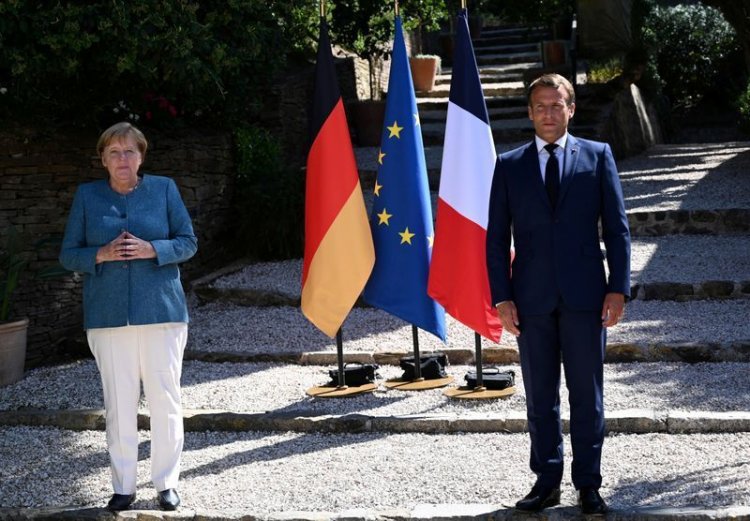The Upcoming Biden Presidency Reveals French-German Problems on Defense

Berlin: The German defence minister’s warning against the “illusions” of pursuing European defence autonomy rattled French President Emmanuel Macron so much that her comments became a topic of discussion at a cabinet meeting this month in Paris.
“We found it regrettable, but we noted it was only an isolated position and not (Chancellor Angela) Merkel’s line,” an official present in the room at the Elysee palace told Reuters, putting a brave face on the divergence of views.
In a robustly Atlanticist column published by Politico on Nov. 2, on the eve of the U.S. presidential election, Germany’s Annegret Kramp-Karrenbauer said Europe would remain dependent on Washington for its defence for a long time to come.
Macron, a champion of European “strategic autonomy”, said he was “in complete disagreement” with the German minister, arguing that the United States would only respect a Europe that was more self-reliant in defence.
The episode is illustrative of how some deep-seated differences between the European Union’s two most powerful nations are bubbling to the surface now that the days of U.S. President Donald Trump’s isolationist policies which helped Macron promote his agenda are numbered.
Although Joe Biden’s election victory may well mean warmer, stabler transatlantic relations, people close to Macron say Trump’s “America First’ approach and public bullying of Germany for not spending more on defence had helped the French leader press his vision of European strategic autonomy.
“He helped us, that’s for sure,” one said, “in words and in deeds.”
The four years of hostility from Trump pushed the EU machine more in Macron’s direction and accelerated efforts to deepen EU defence cooperation. The EU will soon draw up a master military strategy document, the closest thing it could have to a military doctrine, diplomats said on Thursday.















































